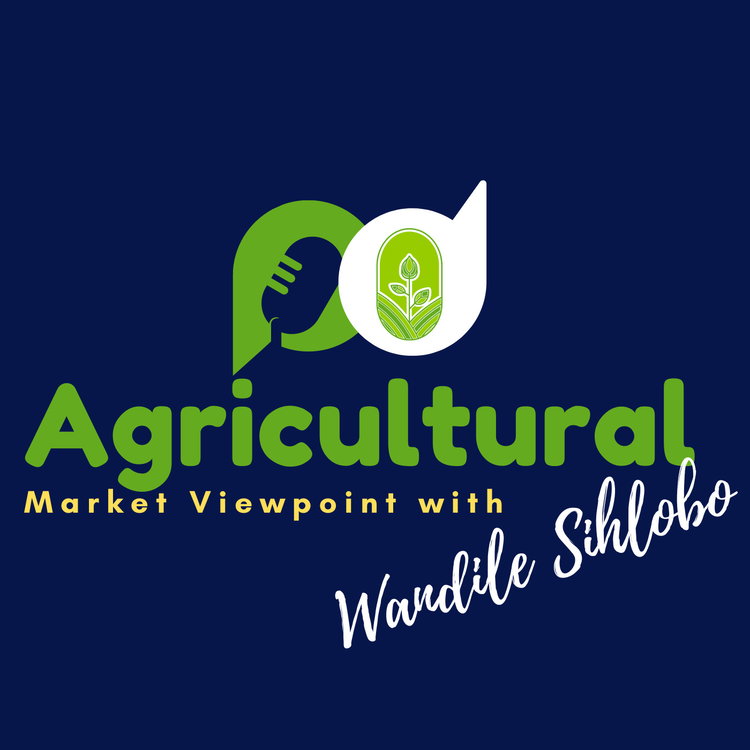
Weak agricultural machinery sales
Loading player...
We start the year with reasonably weak agricultural machinery sales data. South Africa's tractor sales were down 26% y/y in January 2024, with 353 units sold. At the same time, the combine harvesters were down 50% y/y, with eight units sold. At face value, this could be viewed as a worrying agricultural machinery sales report indicating difficulties in the sector. But we have a different reading of it. This is more of a normalization after a few years of robust sales.
For example, South Africa's tractor sales for 2022 amounted to 9,181 units, up 17% y/y and the highest annual sales for the past 40 years. The combine harvesters also had an excellent performance of 373 units in 2022, up 38% y/y and the highest yearly sales figure since 1985. The sales for the year before were also exceptional. These generally strong agricultural machinery sales these past few years were primarily on the back of large grain and oilseed harvests. In 2023, the tractor sales were down marginally from the previous year, while the combine harvester sales held the last year's momentum.
Thus, we think the January 2024 sales begin a correction period. While in the past, agricultural machinery sales would be read as one of the early indicators of the health of the farming sector, this time around, the sales should be read differently for the reasons we stated above.
The summer crop production conditions are relatively robust in the fields across South Africa. For example, the recently released by the Crop Estimates Committee puts the preliminary area plantings for 2023/24 summer grains and oilseeds at 4,41 million hectares, up by 0,4% y/y. This increase is not limited to a few crops but across most summer crops except for soybeans, where plantings possibly fell by 10% y/y to 1,04 million hectares (which is still well above the 5-year average area of 867 240 hectares). The area plantings for other major grains, such as maize and sunflower seed, is also well above the 5-year average. Notably, the weather conditions have been broadly favourable since the start of the 2023/24 production season, thus supporting crop growth. We currently expect harvest that will be broadly above the long-term average levels in major summer crops, which again illustrates that the weak sales are not mainly a production conditions issue but a lower replacement rate of machinery after excellent years of sales.
Moreover, the rising interest rates added pressure to farmers' finances. The relatively weaker rand exchange rates also negatively influenced the farmers' machinery buying decisions. Also worth noting is that while other input cost prices, such as fertilizer and agrochemicals, have softened in 2023, the price levels were still well above long-term levels, thus adding pressure on farmers' finances.
We discuss more in this week's podcast segment.
My writing on agricultural economic matters is available on my blog: https://wandilesihlobo.com/
Podcast production by: Lwandiso Gwarubana, Richard Humphries, and Sam Mkokeli
For example, South Africa's tractor sales for 2022 amounted to 9,181 units, up 17% y/y and the highest annual sales for the past 40 years. The combine harvesters also had an excellent performance of 373 units in 2022, up 38% y/y and the highest yearly sales figure since 1985. The sales for the year before were also exceptional. These generally strong agricultural machinery sales these past few years were primarily on the back of large grain and oilseed harvests. In 2023, the tractor sales were down marginally from the previous year, while the combine harvester sales held the last year's momentum.
Thus, we think the January 2024 sales begin a correction period. While in the past, agricultural machinery sales would be read as one of the early indicators of the health of the farming sector, this time around, the sales should be read differently for the reasons we stated above.
The summer crop production conditions are relatively robust in the fields across South Africa. For example, the recently released by the Crop Estimates Committee puts the preliminary area plantings for 2023/24 summer grains and oilseeds at 4,41 million hectares, up by 0,4% y/y. This increase is not limited to a few crops but across most summer crops except for soybeans, where plantings possibly fell by 10% y/y to 1,04 million hectares (which is still well above the 5-year average area of 867 240 hectares). The area plantings for other major grains, such as maize and sunflower seed, is also well above the 5-year average. Notably, the weather conditions have been broadly favourable since the start of the 2023/24 production season, thus supporting crop growth. We currently expect harvest that will be broadly above the long-term average levels in major summer crops, which again illustrates that the weak sales are not mainly a production conditions issue but a lower replacement rate of machinery after excellent years of sales.
Moreover, the rising interest rates added pressure to farmers' finances. The relatively weaker rand exchange rates also negatively influenced the farmers' machinery buying decisions. Also worth noting is that while other input cost prices, such as fertilizer and agrochemicals, have softened in 2023, the price levels were still well above long-term levels, thus adding pressure on farmers' finances.
We discuss more in this week's podcast segment.
My writing on agricultural economic matters is available on my blog: https://wandilesihlobo.com/
Podcast production by: Lwandiso Gwarubana, Richard Humphries, and Sam Mkokeli

